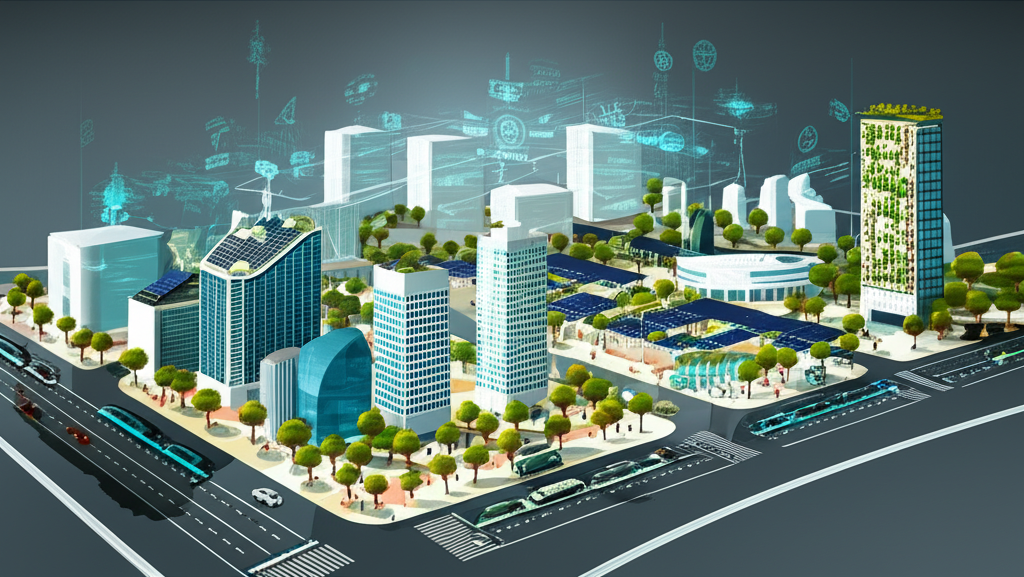AI for Climate Resilience: Preparing Cities for Environmental Challenges


As climate change intensifies, cities worldwide face unprecedented environmental challenges, from rising sea levels to extreme weather events. Artificial intelligence is emerging as a powerful tool to help urban areas adapt and build resilience against these threats.
Predictive Climate Modeling
AI-powered climate models can provide hyperlocal predictions of climate impacts, allowing cities to understand how specific neighborhoods and infrastructure will be affected. These models integrate data from multiple sources, including historical weather patterns, topographical information, and infrastructure maps to create detailed risk assessments.
Early Warning Systems
Advanced AI systems can detect early signs of environmental emergencies, from floods to heatwaves, providing crucial extra time for response. These systems analyze real-time data from sensors, satellite imagery, and weather forecasts to identify potential threats before they become critical.
Infrastructure Adaptation
AI helps cities optimize their infrastructure for climate resilience by identifying vulnerabilities and suggesting adaptations. For example, AI can analyze stormwater systems to identify potential flooding hotspots and recommend specific upgrades to increase capacity where it's most needed.
Resource Optimization
During climate-related emergencies, AI can help cities allocate resources more effectively. From optimizing emergency vehicle routing during floods to managing energy distribution during heatwaves, AI enables more responsive and efficient crisis management.
Community Engagement
AI tools are also helping cities engage communities in climate resilience efforts. Personalized apps can provide citizens with specific guidance based on their location and circumstances, while community-level dashboards can help neighborhoods coordinate their adaptation efforts.
Case Study: Rotterdam's Digital Twin
The city of Rotterdam has created a comprehensive digital twin that simulates climate impacts and tests adaptation strategies. This AI-powered model allows city planners to visualize how different interventions would perform under various climate scenarios, enabling more informed decision-making.
Challenges and Opportunities
While AI offers powerful tools for climate resilience, challenges remain in data quality, model accuracy, and equitable implementation. Cities must ensure that AI-driven climate adaptation benefits all communities, especially those most vulnerable to climate impacts.
Ready to Transform Your City?
Discover how SentientCity.AI can help your city implement the smart solutions discussed in this article.